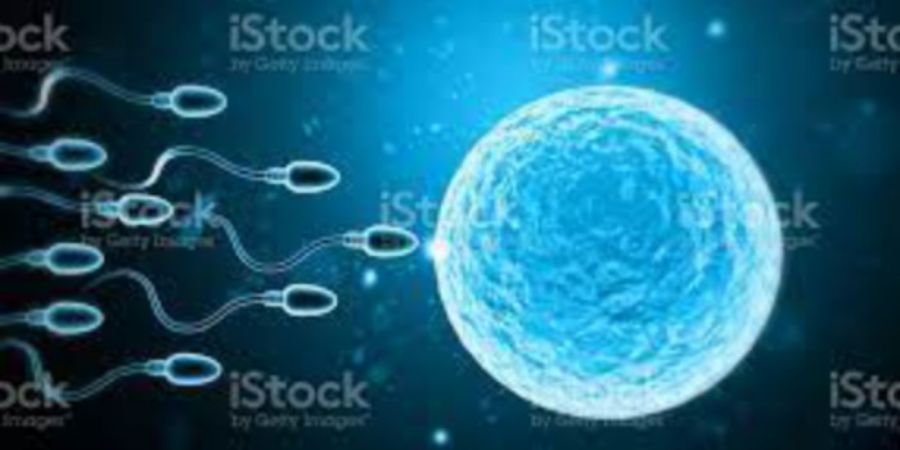

Another disclosure which assumes a huge part in the improvement of sperm might have the option to give light on the issue of male barrenness. Researchers from Howard Hughes Clinical Foundation accept they have found that an imperfection in the Jhdma2a gene could cause a few instances of infertility in men.
The Howard Hughes group noticed that mice without the Jhdma2a gene were infertile and just produce little quantities of unusual sperm. One of England's driving male fertility specialists communicated high expectations that the disclosure could prompt a few answers regarding why there are a few men who are unequipped for fathering a kid. A significant part of the purposes for male "sub-fertility" stays ambiguous to be completely perceived.
Strangely formed sperm or low sperm tally are two of the reasons why a few men can't father a youngster. Many examination considers are taking a gander at hereditary deformities to be liable for these conditions. The group of specialists from Howard Hughes accepted that the Jhdma2a gene is significant for "spermiogenesis" which permits the DNA expected to make an undeveloped organism to be compacted into a tight ball inside the top of the sperm so it can get through the external surface of the egg. Spermiogenesis is the last development phase of sperm, when the cell fabricates its pseudopod, gains the capacity to creep, and gets fit for treating an oocyte.
To see whether Jhdma2a gene could influence sperm creation, they probed mice and reproduced these creatures without the Jhdma2a gene. These mice ended up having uncommonly little testicles, had few sperm creation, and couldn't deliver posterity. They even noticed that not exclusively do these mice have minuscule testicles, yet the modest number of sperm they created had strangely molded heads and tails that were discovered to be stationary. At the point when the sperm was analyzed utilizing coloring methods under a magnifying lens, it uncovered that the DNA was not being bundled accurately in the top of the sperm.
"Imperfections in this gene could be the reason for certain instances of male infertility," said Dr. Yi Zhang, project head of the Howard Hughes group. "Since this gene has a quite certain impact on the advancement of practical sperm, it holds extraordinary potential as an objective for new infertility medicines that are probably not going to disturb different capacities inside the body," he said.
Albeit the meaning of the Jhdma2a gene has effectively been demonstrated in mice, there is no conviction that it will have similar impact in people. The following huge advance for the group is to zero in on the DNA of barren men to check whether it is absent in any of them.
As per Dr. Allan Pacey, a senior speaker in Andrology at the University of Sheffield and Secretary of the British Fertility Society, the genes that controlled sperm advancement were ineffectively perceived. "The way that sperm DNA is bundled into the sperm head is very special and we know even less about that. It would be exceptionally helpful to make an interpretation of this investigation into human guys and check whether it can clarify why a few men basically don't deliver solid sperm and are consequently sub-fertile," he said.


